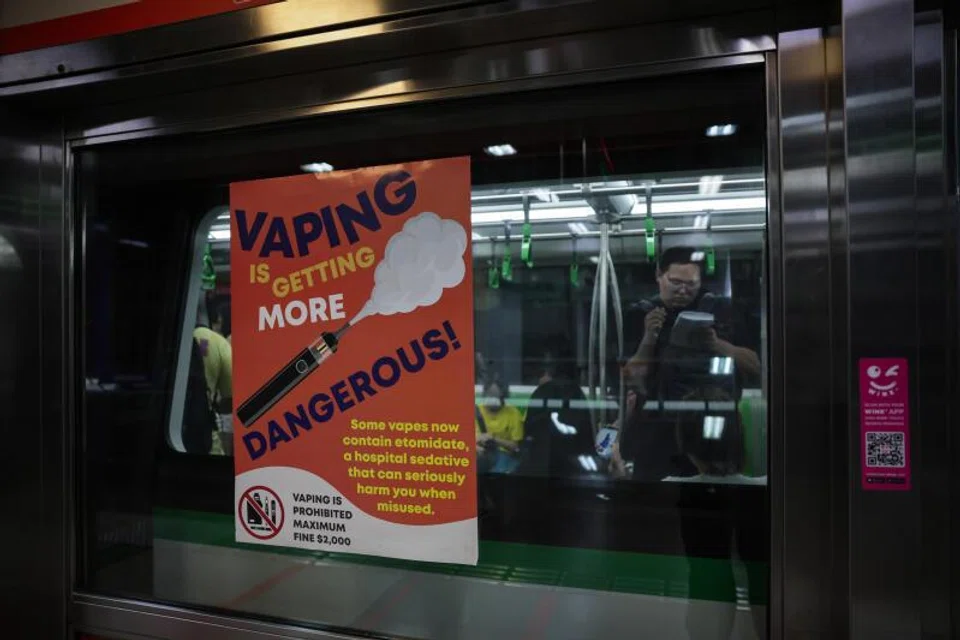The World Health Organization (WHO) has reported that two billion people worldwide are unprotected against electronic cigarettes and other similar devices.
According to the new WHO report on the global tobacco epidemic, as of 2022, only 42 countries had completely banned the use of electronic cigarettes in indoor public areas, workplaces, and public transportation.
Only 23 countries restrict advertising for these products, with deterrent measures for both devices and flavoring liquids used in them.
WHO warns that early use of electronic cigarettes can push teenagers and children to become traditional smokers in the future.
Regulation of these products is much higher in developed countries, where 85% of them have implemented measures to limit their use.
In developing countries, only 40% have such regulations. Among the poorest nations, 79% are taking action against the sale of these products.
In summary, the WHO has highlighted that two billion people worldwide lack sufficient protection against electronic cigarettes and similar devices. While some countries have implemented bans on their use in public spaces and restricted advertising, many still lack regulations. The WHO emphasizes the risk of early use leading to traditional smoking habits, especially among young people. Developed countries have taken more significant steps to regulate these products compared to developing nations, where a substantial number are actively working to combat the sale of these products.
This document has been generated through artificial intelligence translation and is provided solely for the purposes of industry discourse and learning. Please note that the intellectual property rights of the content belong to the original media source or author. Owing to certain limitations in the translation process, there may be discrepancies between the translated text and the original content. We recommend referring to the original source for complete accuracy. In case of any inaccuracies, we invite you to reach out to us with corrections. If you believe any content has infringed upon your rights, please contact us immediately for its removal.







